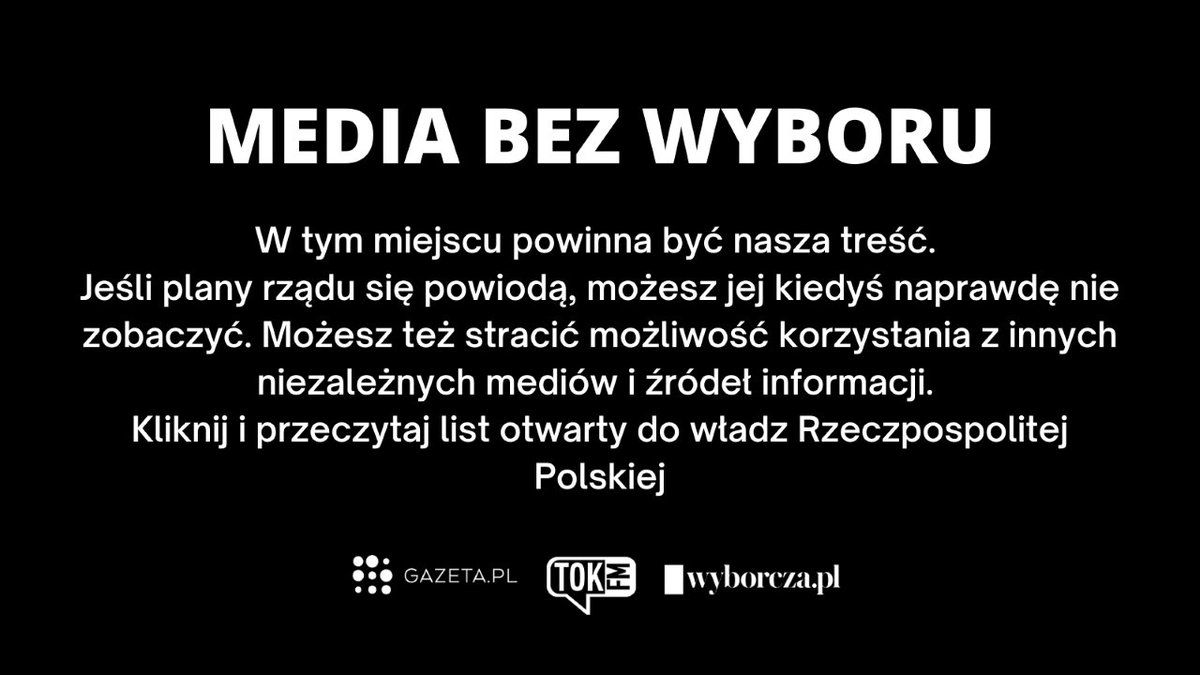
If the Nazis had been literal monsters - other-worldly creatures with tentacles on their faces or something - it would be much more comfortable being human.
But people prefer a historical narrative that's closer to the "monsters" idea, because it makes you feel better. A person thinks, there’s no possible way that I could ever be that or do that. Yet we share the same DNA. If you’re a human being, you are capable of monstrous things.
I’ve shared my draft novel with a few people, and because one theme in it concerns exactly this point - Nazi were made, not born; frighteningly human - they’ve told me it’s a “hard sell”.
One told me bluntly: “Readers don’t want that complex reality; when it comes to Nazis. They want one-dimensional characters.”
But such a simplistic narrative, while it may be more comforting, is not what I want to write.
I also think it’s fundamentally dangerous. If we don’t understand the emergence of political movements that end in mass murders, how can we ever stop the next atrocity?
I also think it’s fundamentally dangerous. If we don’t understand the emergence of political movements that end in mass murders, how can we ever stop the next atrocity?
And perhaps the truth is, this tendency toward simplistic historical narrative is part of the reason why genocide and other mass atrocity crimes keep happening - in Cambodia, in Rwanda, in Darfur, in Sri Lanka, and on and on and on...
People keep saying “never again” expecting to see faces with tentacles, and the fact is, they look just like us.
Preventing future mass atrocities would mean listening out for politicians & political movements that dehumanise minorities. But that’s more complicated. The simplistic historical narrative is so much easier.
And for some people, if they really thought about it like that, they might get too uncomfortably close to the realisation that they are much closer to the average Nazi supporter/enabler than they realise.
Better not to think about it, something deep down maybe tells them. Better to fall back on a simplistic historical narrative. Better to pretend it was all about inhuman monsters.
On the other hand, I tweeted this a while back to make the same point with a few images, and actually, quite a few people understood what I was driving at, which suggests it may not actually be a "hard sell", as some suggest...
https://twitter.com/astroehlein/status/1330043268726394882
• • •
Missing some Tweet in this thread? You can try to
force a refresh








